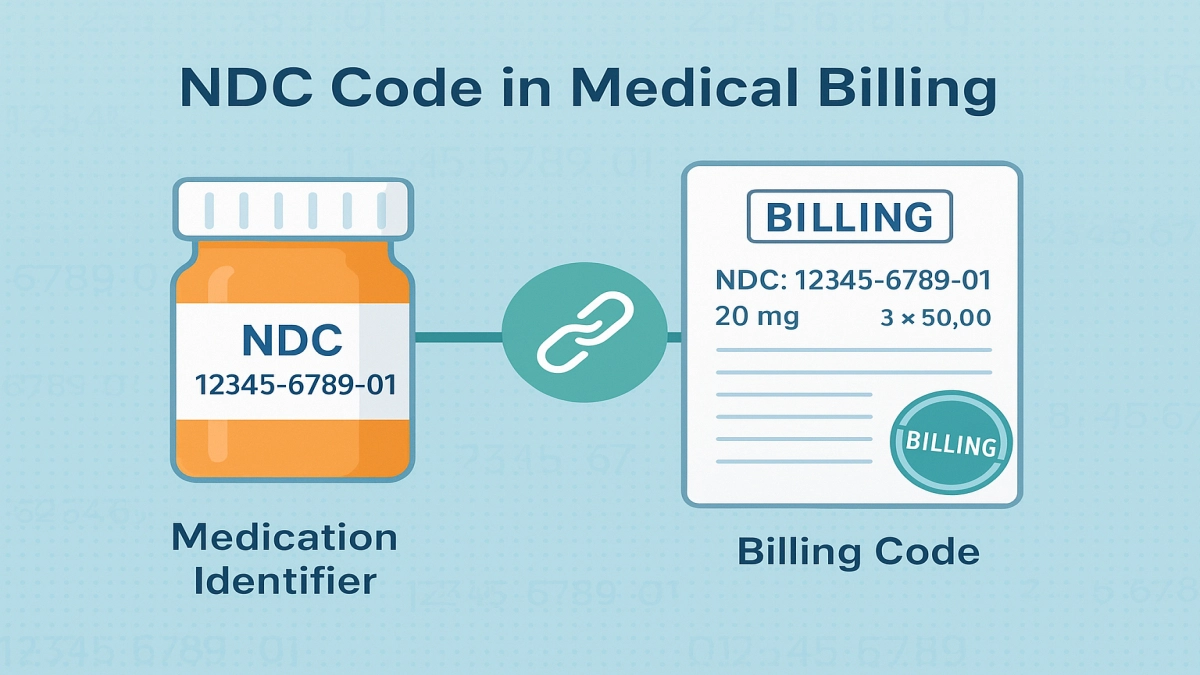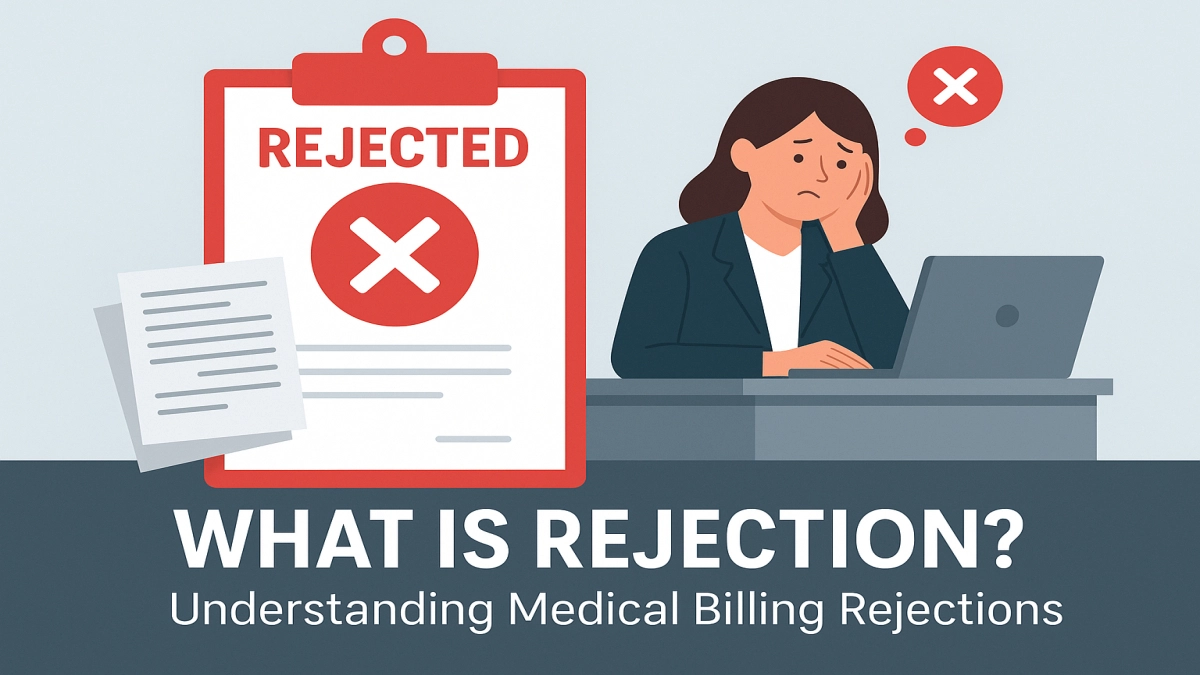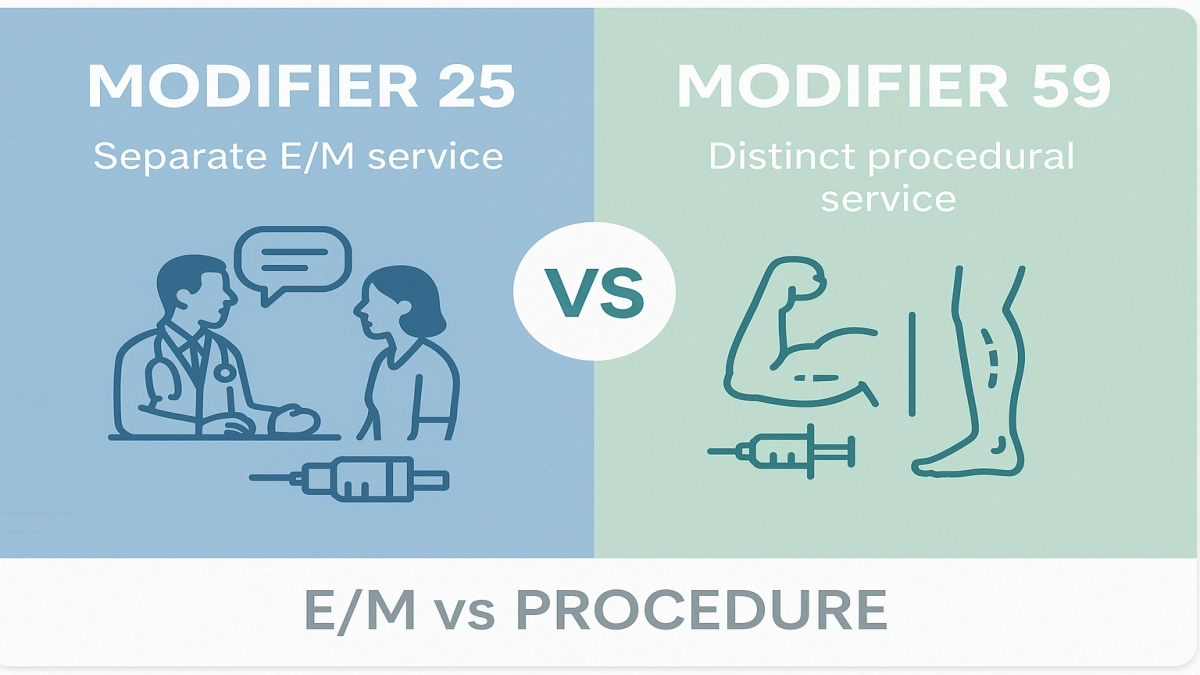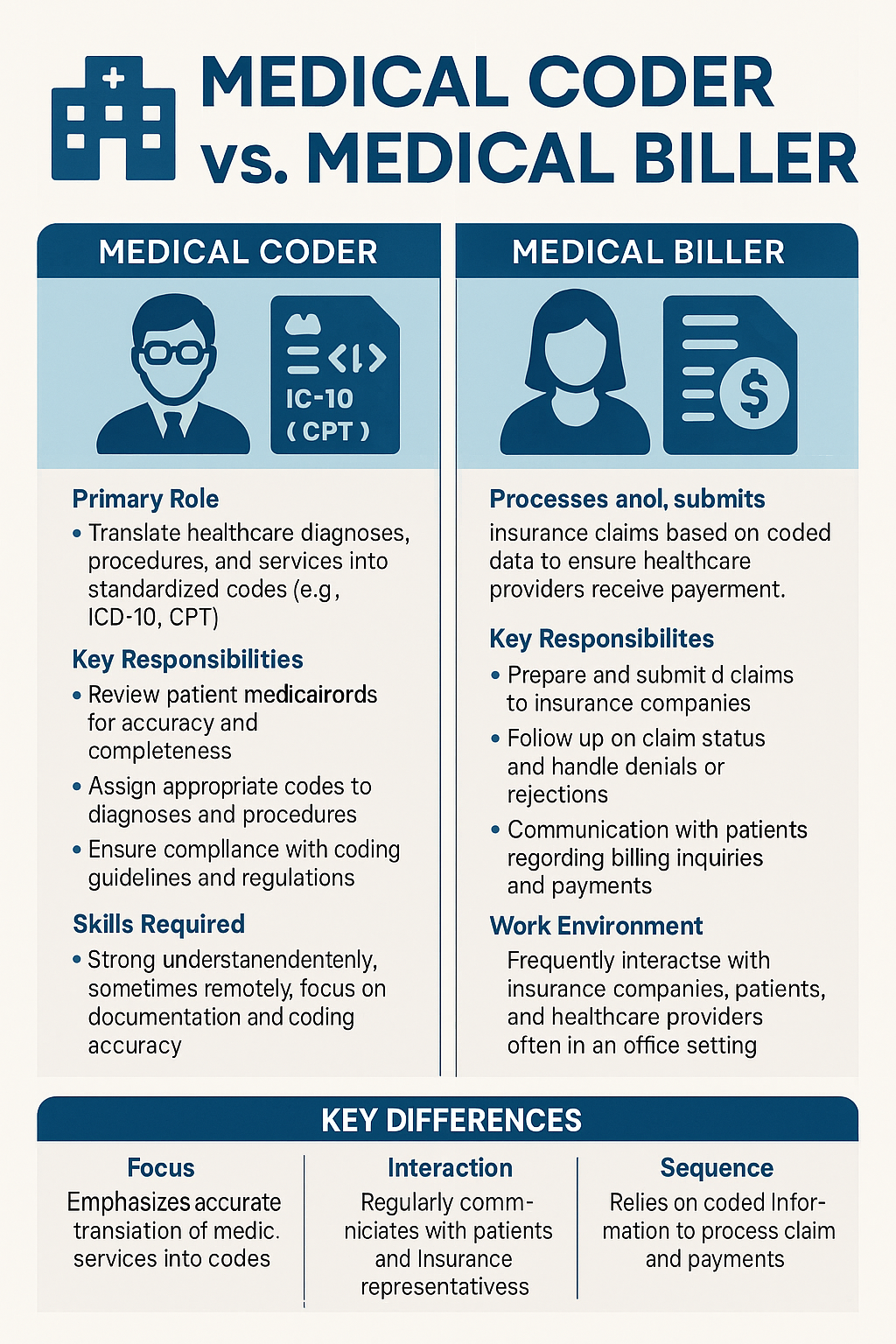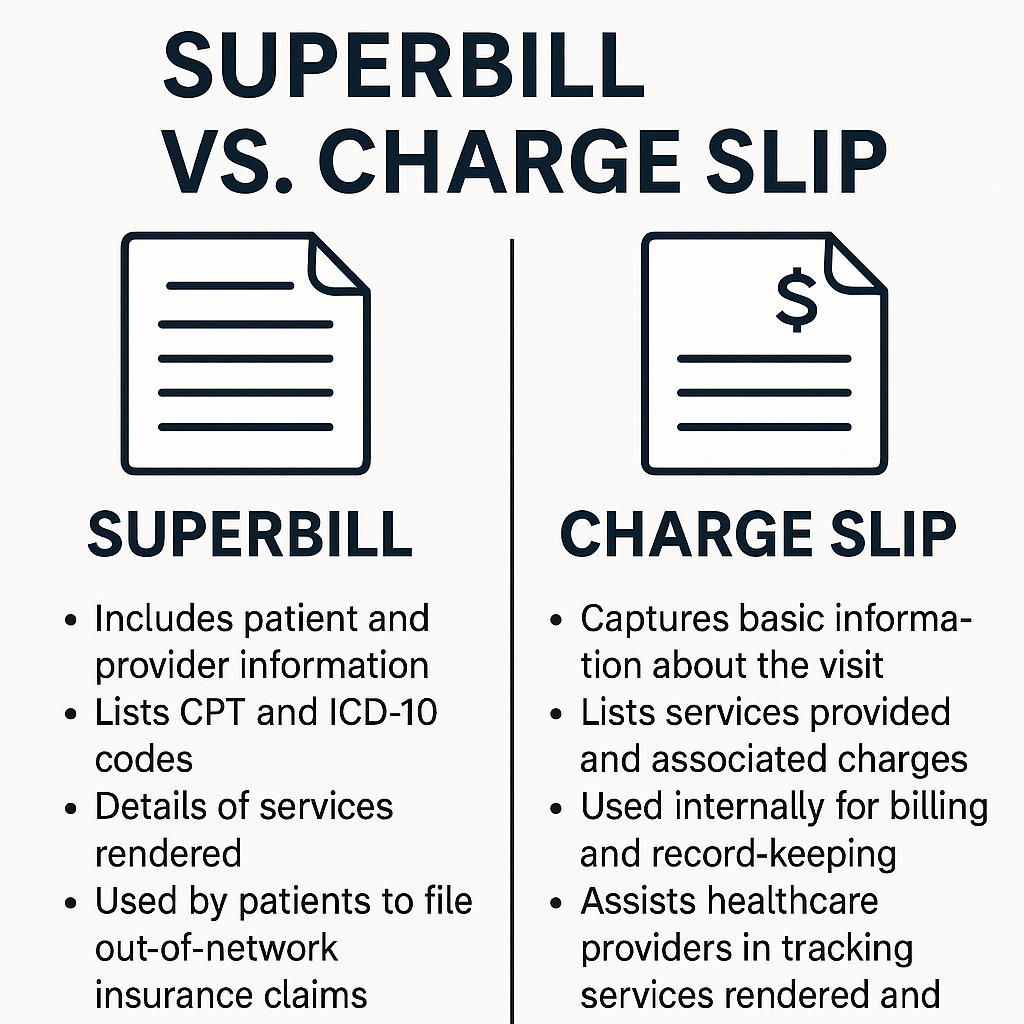Medicare vs. Medicare Advantage in 2025: Which Is Right for You?
In 2025, choose Original Medicare if you value freedom to choose any doctor nationwide, predictable billing, and flexibility to add Medigap coverage. Choose Medicare Advantage (Part C) if you prefer lower monthly premiums, extra benefits like dental and vision, and a single, bundled plan. The best choice depends on your budget, health condition, and lifestyle. … Read more


